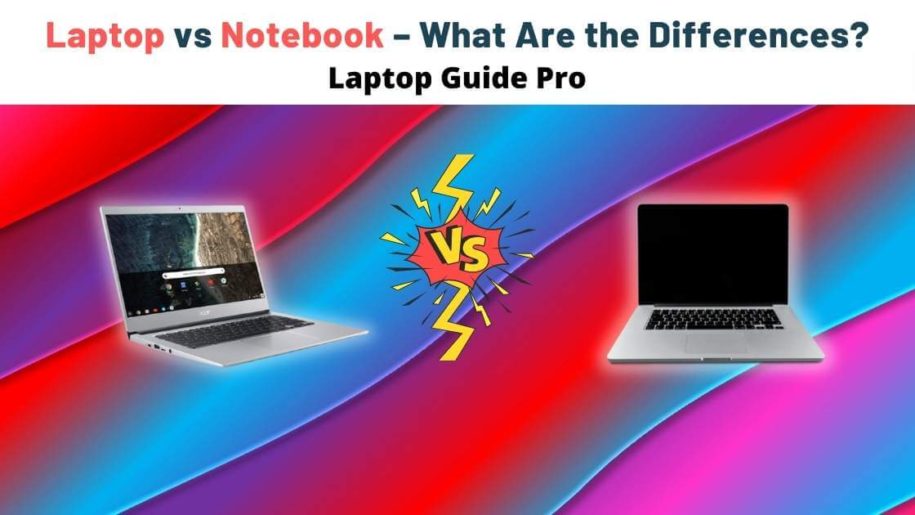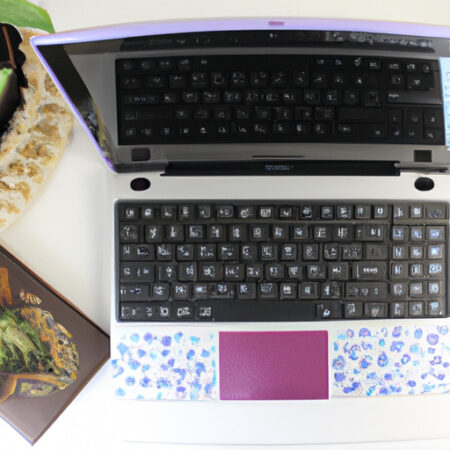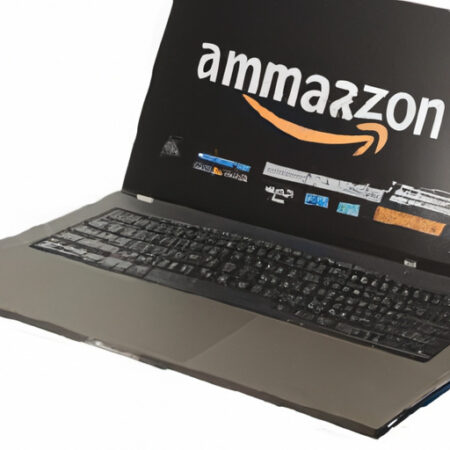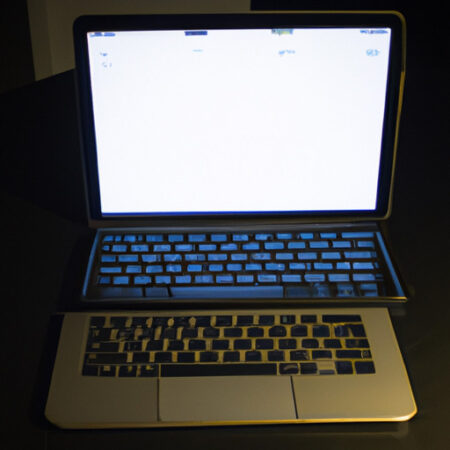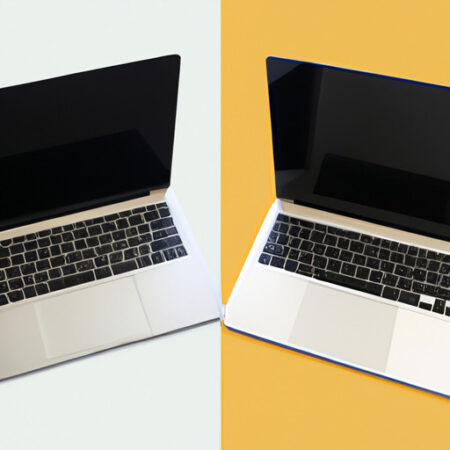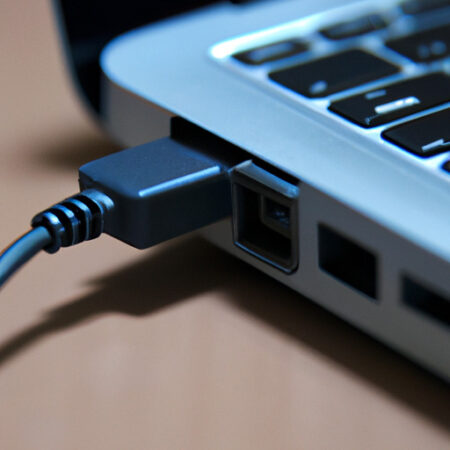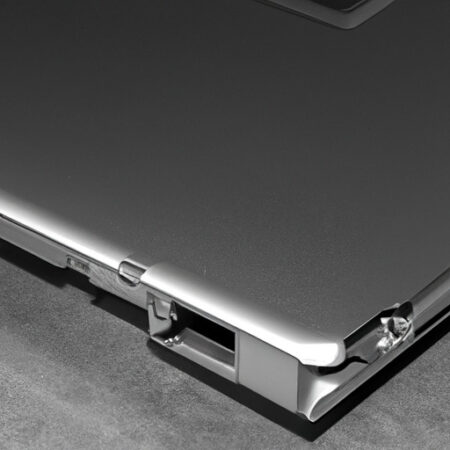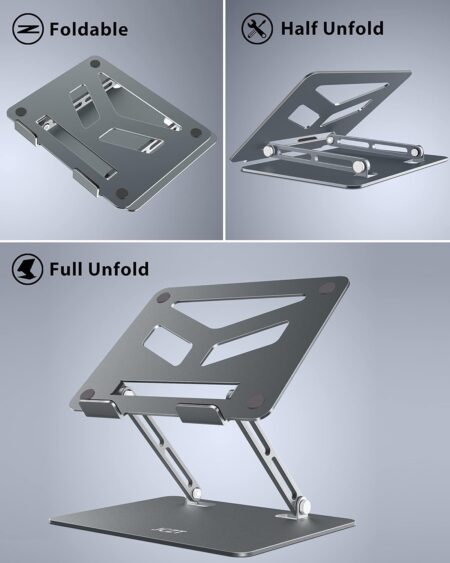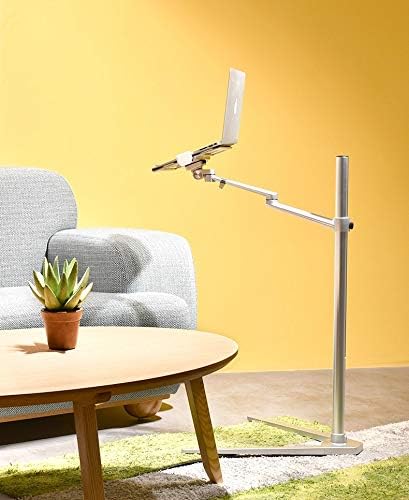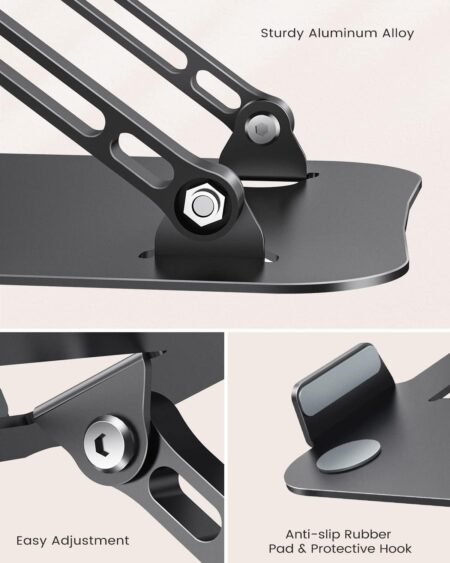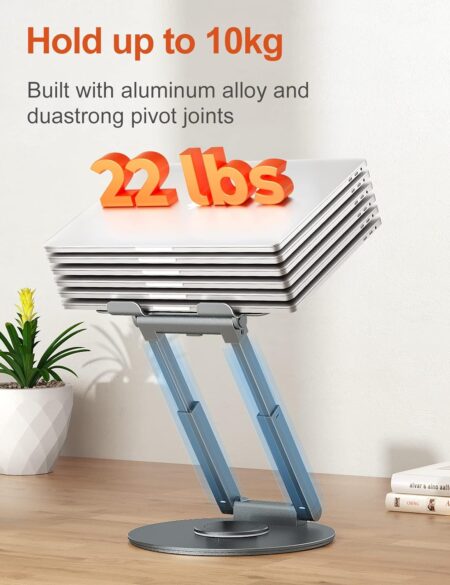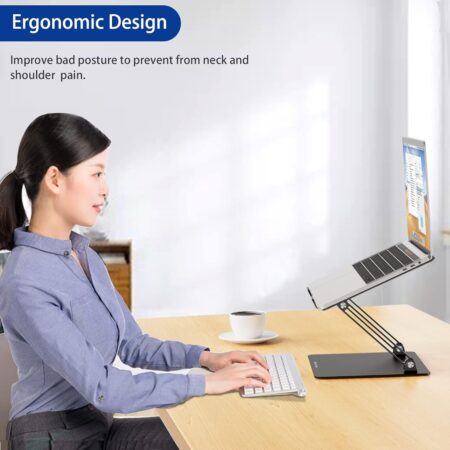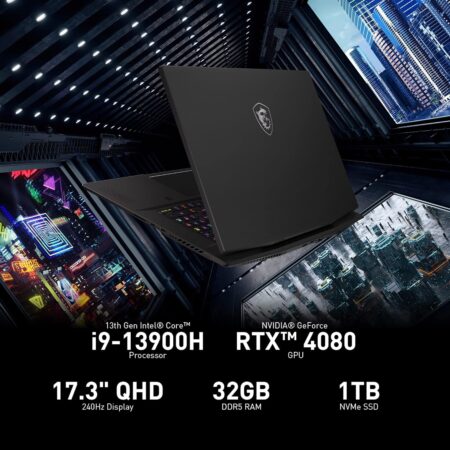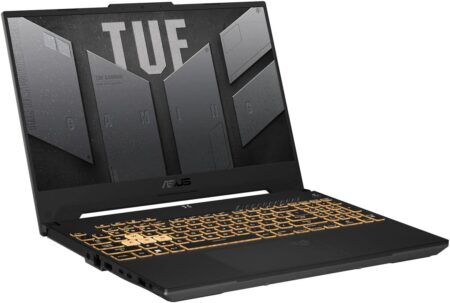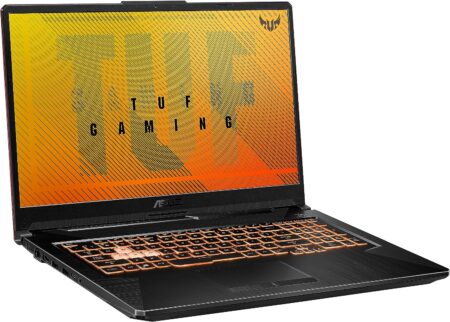Despite the fact that it may not appear to be so, there are a few crucial differences between a laptop and a notebook that many customers are unaware of. Both laptops and notebook computers have their own sets of suggested usage habits, as with every other technological device.
In addition, it’s vital to recognize that high-tech electronics are sold in a way that appeals to and satisfies the needs of a certain user type. For example, a student may only require a small, lightweight portable computer that’s adequate for taking notes during lessons and studying, such as a notebook. Understanding the differences can help you make a better selection when it comes to what to buy a laptop or a notebook.
Let’s Clarify the Terms:
Everybody knows what a laptop is, However, if we go by the most common understanding of the word derived from the basic sense, then the definition would be like; “A laptop is a portable computer that has the power of a desktop CPU but in a considerably more compact and lighter form factor, generally about 3 to 4 kg.”
Notebooks are generally smaller, weighing less than a kilogram, and measuring up to 13 inches in screen size. However, due to their size and weight, they can’t match up with high-end iPads or Samsung tablets. In straightforward terms, they are the size of a laptop hence the name, and you won’t be able to pack a lot of punch in such a tiny and lightweight package.
Is There Really a Difference?
If you’re not a technology passionate person, you probably wouldn’t consider the difference between a laptop and a notebook and why you should care. However, although it appears that they are the same thing, that isn’t true.
Let’s take a look at the differences between a laptop and a notebook in terms of their main features against these four aspects:
- Portability
- Performance
- Functionality
- Price
Portability
When it comes to portability, laptops range in size considerably, from 13 inches to 17 inches and depending on the maker, they can be either very thin or rather big if it’s a gaming laptop.
While laptops are often portable by nature, they are primarily designed to resemble a desktop PC in terms of hardware capabilities. This, too, makes the laptop a little heavier than usual and may become difficult to carry when combined with a 17-inch screen.
The Notebooks on the other hand are, however, very lightweight and come with portability benefit which is the main selling feature of Notebooks.
“When someone is thinking of purchasing a portable device that will meet their requirements by being slim, light, and tiny (15 inches or less), this person is looking to buy a notebook.” because they are smaller than a traditional laptop, notebooks may readily fit in your backpack or briefcase.
Laptops on the other hand, meanwhile, can range from 17 to 19 inches in screen size and weigh 4 to 5 kilos. They are a bit hefty when compared to notebooks because of this. But with a laptop, you can have the power of a desktop PC in portable form.
Price
When it comes to pricing, we see a quite difference between laptops and notebooks. Users will always be concerned about the price of anything they buy, and in many situations, it also affects whether someone purchases a laptop or notebook, as well as how comfortable he or she is with carrying it around.
Laptops start at about $200 and can go up to $2000 depending on the model, with low-end hardware specifications that provide just minimal capabilities.
However, If you’re searching for a thin, lightweight yet powerful device with a lot of processing power, then an ultrabook like ASUS ROG Flow X13 is something you should think about.
Performance
Performance is an important factor and it also depends on the needs of the user, performance can be a deciding factor, but it can be considered as a minor priority, especially when comparing it to other elements like design or brand. If you’re shopping for a laptop, you’ll have no trouble finding one with decent GPU, CPU, and RAM; however, disk speed although you may have to invest more than you have the amount in mind. So, If your job depends on you to be available at all times on being behind mobile with having a portable device that’s packing power.
However, in general, the more expensive the product is, the higher its quality. If you want a powerful and thin portable computer, ultrabooks are the way to go. Ultrabooks are a cross between a high-end laptop and a thin, light notebook.
Functionality
The functionality will totally depend on your personal needs, Regardless of whether you pick a laptop or a notebook, having a device with at least 8GB of RAM and an SSD disk can’t hurt.
It’s also worth noting that on notebooks, battery life is often longer since they don’t require as much processing power, whereas a laptop’s battery life can be shorter. While a laptop may last you 6-8 hours of continuous work, a notebook can often survive for twice as long or around 14 hours.
Conclusion
Knowing the distinctions between a laptop and a notebook might influence your purchase. Next, Consider the specs and compare them to what you need. That way, you’ll be better informed when it comes time to purchase a laptop or a notebook the next time around, as well as which one to choose depending on your demands and the capabilities offered by each of the two products.

